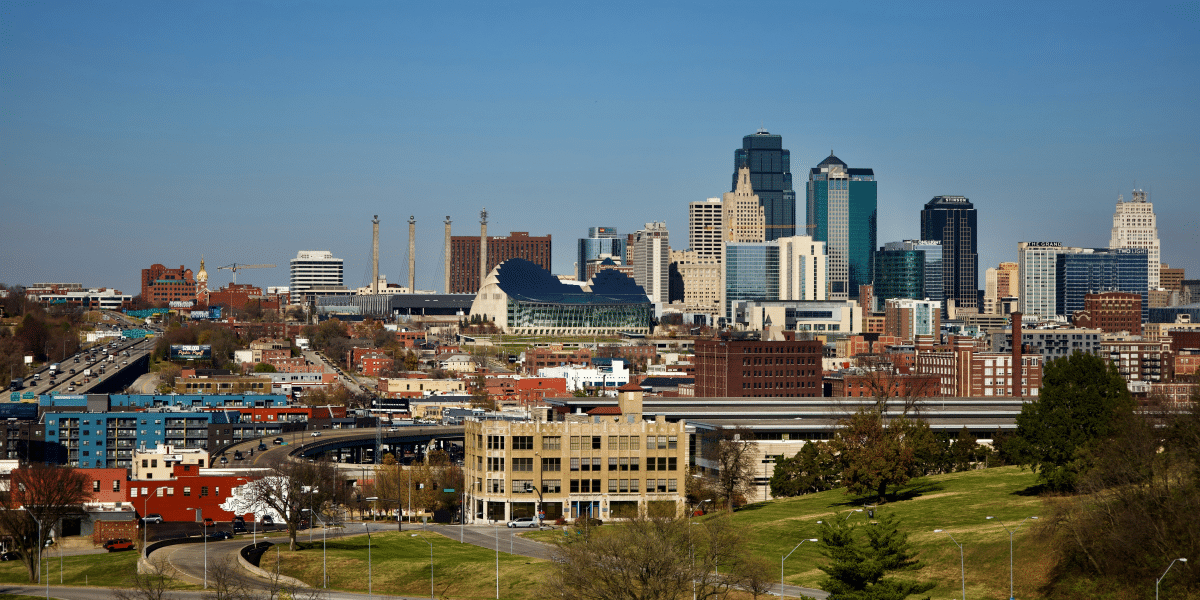Interpretation plays a critical role in the legal profession. If something isn’t explicitly stated in law, it’s fair game for debate. This central aspect of the legal system is the core reason delta-8 enjoys fewer restrictions in the USA versus delta-9 THC.
Everyone knows the federal government bans the use and sale of delta-9, but nobody’s quite sure how to handle delta-8. With delta-8’s growing popularity, hemp manufacturers have taken advantage of this uncertainty to add an abundance of delta-8 products into the market.
However, this doesn’t make delta-8 “legal.” There are a few places in the USA where delta-8 vendors, extractors, or consumers could get into trouble. Before ordering any delta-8 THC products, customers must examine their state’s latest hemp laws.
How Does The Federal Government Define Delta-8 vs. Delta-9?
There’s no ambiguity surrounding the Drug Enforcement Agency’s stance on delta-9 THC. As the most abundant psychoactive cannabinoid in cannabis, delta-9 has long been a controlled substance in many nations — including the USA. To this day, delta-9 THC is a “Schedule I” drug, which puts it in the same league as LSD, heroin, and peyote.
True, some states have opened up to legal recreational marijuana; however, that doesn’t change the federal stance on this cannabinoid. Even if adults order delta-9 products in Colorado or California, DC lawmakers still view delta-9 as an illegal substance.
OK, so how does all this translate to delta-8? To better understand delta-8’s legality, it’s essential to review the 2018 US Farm Bill.
When President Trump signed this hemp standard in 2018, it legalized all hemp-derived products with ≤ 0.3 percent delta-9 THC. However, there was no mention of other THC-related cannabinoids like delta-8.
Because the 2018 US Farm Bill doesn’t call out delta-8 by name, many hemp manufacturers felt it was “fair game.” After all, delta-8 has a different chemical structure from delta-9, so lawmakers shouldn’t hold it to delta-9’s standards, right?
Although the FDA has issued warnings surrounding the use of delta-8 products, DC lawmakers haven’t introduced a nationwide ban on delta-8. As long as this ambiguity remains in US law, hemp-derived delta-8 products are “OK” at the federal level.
Delta-8 At The State Level — Can Local Hemp Laws Overturn DC?
Just because the federal government hasn’t moved against delta-8 THC doesn’t mean this cannabinoid is free from controversy. Due to delta-8’s popularity and its relationship to delta-9, it has been the target of local lawmakers.
Please remember that states can revise the 2018 US Farm Bill to fit their standards. If a US territory doesn’t want to open up to hemp, it doesn’t have to.
A handful of states already have bans on hemp cannabinoids, primarily delta-8 THC. Some local departments view delta-8 as a “Schedule I” drug like delta-9 THC. There are also questions surrounding delta-8’s synthetic status because most of today’s delta-8 products are made in labs with modified CBD molecules.
Understandably, states that already have restrictive policies for recreational weed probably won’t be the most accepting of delta-8 products. Conversely, places with relaxed cannabis laws usually don’t have an issue with hemp-derived delta-8 THC.
Since no federal statute says “delta-8 is legal,” citizens need to take local delta-8 restrictions seriously. At this time, there’s no way to argue the US government “protects” hemp-derived delta-8 products. It’s not unheard of for state police to raid hemp shops for delta-8 products, and customers could face fines or jail time for using delta-8 in restrictive territories.
How Can Customers Be Sure Their Delta-8 Is Legal?
The easiest way people could determine whether delta-8 THC is legit is to research the latest hemp laws in their home state. Customers should also look out for delta-8-related raids or arrests in the news.
Sometimes, states that don’t have clear laws on delta-8 THC continue to take harsh actions against this cannabinoid. Since delta-8 has “THC” in its name, many legislators don’t see a difference between delta-8 and delta-9. Indeed, for most people outside the hemp industry, “THC” is just “THC.”
As hinted above, states with bans on recreational weed are usually less accepting of delta-8 products. Even if there aren’t specific delta-8 laws in these “non-green states,” it’s advised residents hold off on ordering delta-8 until there are more explicit guidelines. On the other hand, people living in states with relaxed marijuana laws shouldn’t worry too much about buying hemp delta-8.
After customers are sure delta-8 THC is OK in their territory, they need to ensure whatever product they’re buying meets the government’s standards for hemp. Like CBD, legal delta-8 extracts should never have ≤ 0.3 percent delta-9 THC. Always request a third-party lab screening from a delta-8 manufacturer to ensure it’s both safe and legal. Hemp companies that refuse to give a Certificate of Analysis usually have something to hide.
Still Debating Delta-8’s Legality? Ask For Expert Guidance!
Delta-8 THC will probably remain in a “legal limbo” until scientists better understand how this cannabinoid works. In the meantime, customers interested in delta-8 must take their time reviewing local hemp laws and search for the best delta-8 companies near you.
If you’re still unsure how your state views delta-8 products, consider speaking with an attorney. As the hemp market expands, “cannabis lawyers” are becoming more common. Be sure to ask an accredited cannabis attorney in your area any questions you have on delta-8 products to help you understand if there are any risks to buying delta-8 extracts.










